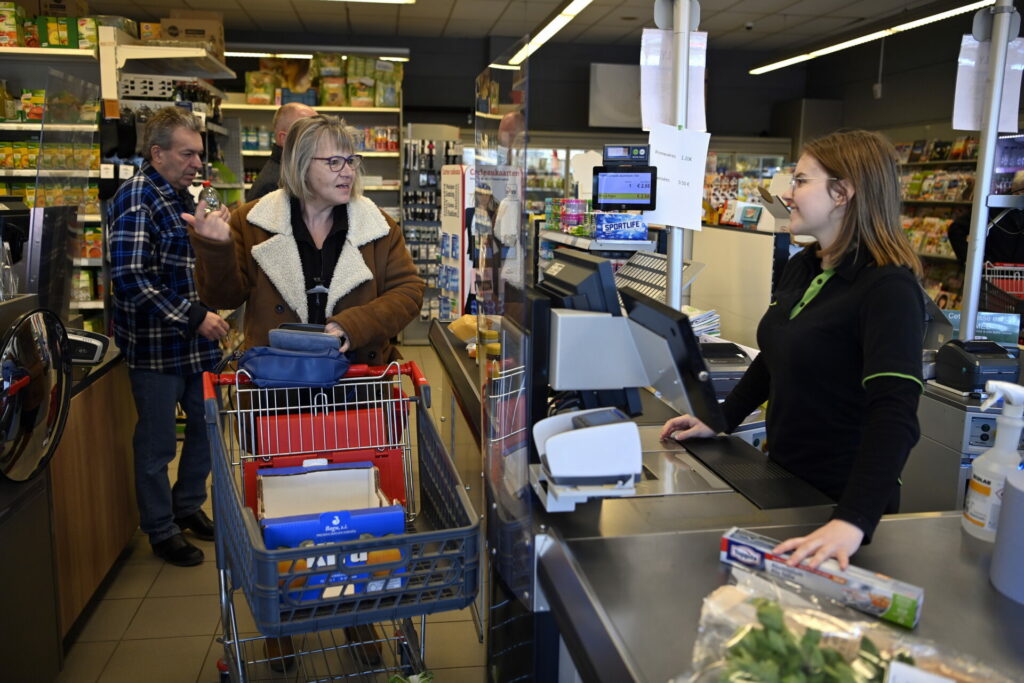Prices for supermarket goods in Belgium should stabilise early in 2024, according to a recent poll of economists conducted by Le Soir.
Analysts predicted that Belgium's food inflation rate should drop to 0% in March or April next year, down from 7.03% this December. The forecast continues a steady decrease in food inflation, which has fallen every month since peaking at 17.02% in March this year.
Food is the largest single contributor to Belgium's headline inflation rate, which at 1.35% is currently well below the food inflation rate and comfortably beneath the European Central Bank's (ECB) 2% target rate.
Headline and food inflation also appear to be heading in opposite directions: according to the Federal Planning Bureau (FPB), Belgium's main economic forecasting body, Belgium's headline rate is set to rise to 4.1% in 2024.
Small returns?
Analysts nevertheless warned that food inflation's forecast decline will mostly be a consequence of the way in which inflation is typically calculated, namely on a year-on-year basis (i.e. by comparing current prices with those exactly one year ago).
Economists also pointed out that relative to two years ago when Belgium's food inflation rate was just 1.21%, prices for numerous food items have risen considerably.
"If we compare with 2 years ago, approximately the start of the inflation crisis, then prices now are much more expensive," Associate Professor of Economics at Ghent University Stijn Baert wrote on X (formerly Twitter) following the publication of Belgium's official inflation data for December.
Related News
- 'Lose-lose': Belgians have never done so much grocery shopping abroad
- Flanders' Word of the year 2023 reflects skyrocketing inflation and high food prices
Baert added that prices for milk, cheese and eggs have risen by 31.4% compared to December 2021, while prices for oils and fats have increased by an even greater amount (37.2%) over the same period.
"Overall, life became 11.9% more expensive compared to 2 years ago and 19.6% compared to 5 years ago," Baert noted. "You would normally expect that [latter] figure over 10 years."
Further exacerbating concerns is the fact that core inflation, which strips out energy and volatile food costs and is widely considered to provide a better assessment of underlying price pressures, remains far above the headline rate at 5.47% despite dropping slightly from 5.95% in November.
Economists emphasised that they do not expect prices for most other items to fall significantly next year, noting among other things inflation will likely be boosted by automatic wage indexations that are set to kick in from March 2024.

